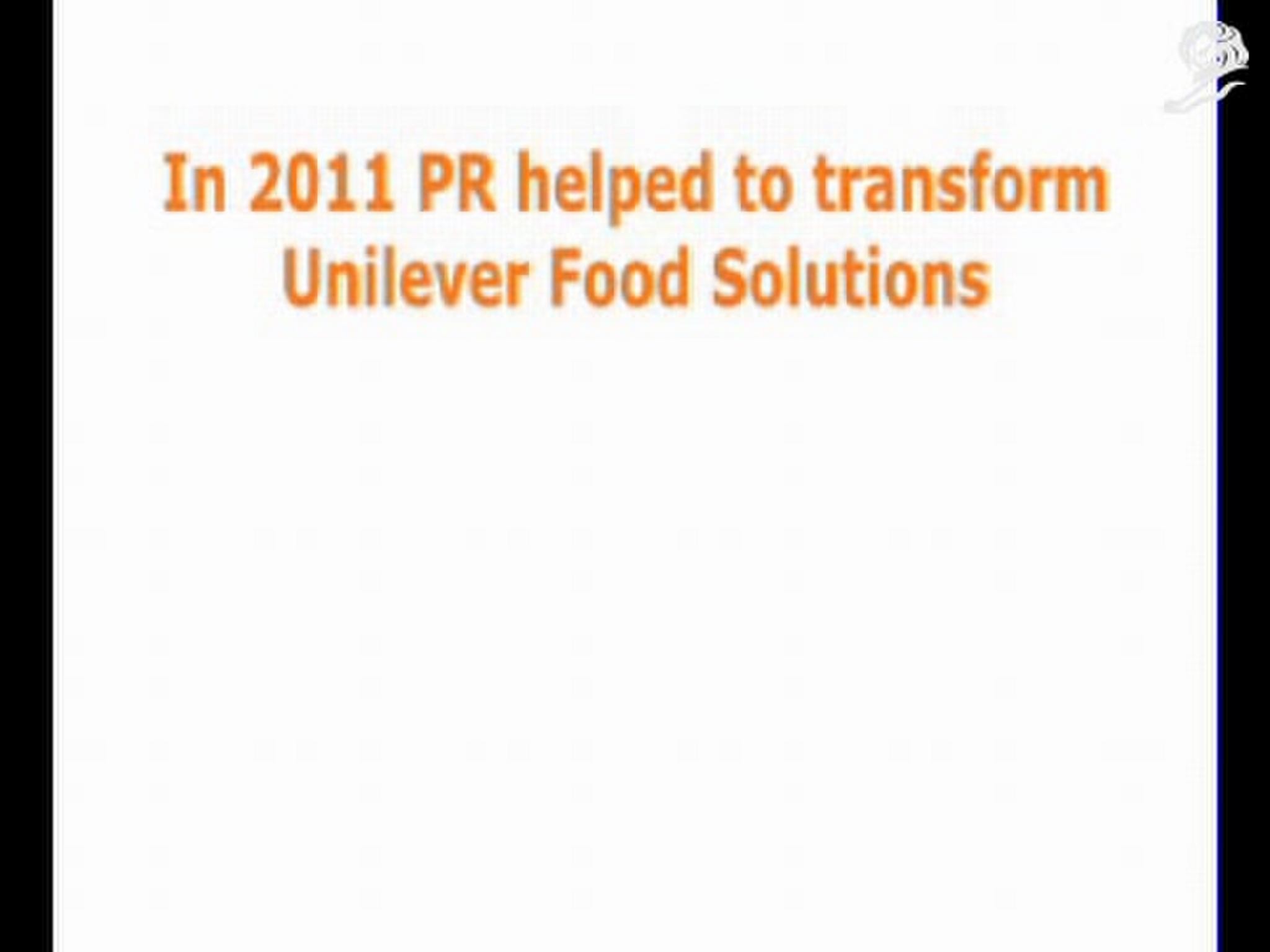Sustainable Development Goals > Prosperity
BANK YANG ADIL: AI-POWERED SME LENDING
UNILEVER, Singapore / UNILEVER FOUNDRY X FAIRBANC / 2020
Awards:

Overview
Credits
Overview
Background
COVID-19 brought an existential threat upon the small mom and pop retail stores across the world, particularly in rural Indonesia. With most financial institutions suspending new cash loans, these small retailers were badly hit, and didn’t have the cash flow to store products and stay in business. Furthermore, they were also struggling to grapple with the uncertainties caused by the pandemic, which led to an even tighter cash flow.
This had a major impact on the rural fast moving consumer goods (FMCG) industry, with distributors reporting up to 40% drop in sales, in spite of continued demand from the market. With many micro-merchants in rural Indonesia carrying Unilever products, it was imperative for Unilever to help this community survive the worst economic and social challenges of this century.
Describe the cultural / social / political climate and the significance of the work within this context
It was even more problematic for women merchants, as they did not inherit any land or property that can be used as a collateral to get a traditional bank loan, as a result of the highly patriarchal set up in Indonesia. These poor and unbanked micro-merchants often fell prey to informal lenders or "loan sharks" who charged incredibly high interests going up to 350% a year.
Further, many of these merchants are also devout Muslims, who believe that providing interest on cash loans was not Sharia-compliant, further compounding their already dire financial situation. Thousands of these families were about to lose their livelihoods.
Describe the creative idea
Unilever Foundry SEAA, the collaborative corporate innovation platform of Unilever, partnered with Fairbanc, a FinTech start-up, to provide Sharia-compliant inventory financing to selected credit-starved merchants, while managing risks using data science.
The pilot programme “Bank Yang Adil” enabled inventory financing for these poor micro-merchants, who could opt-in to procure Unilever products based on their past sales record, with no down payment.
Describe the strategy
The “Bank Yang Adil” programme was designed with the ground realities of these poor micro-merchants in mind, including:
- No requirement of smartphone or loan application
- Credit limits assigned to each merchant, working with the distributors and using data science including artificial intelligence and machine learning, which results in zero defaults
- The distributors are paid cash in advance for servicing credit
Describe the execution
“Bank Yang Adil'' rolled out with seven pilot programmes across Sumatra, Central and West Java. While the retail industry particularly in rural Indonesia was shrinking, the 482 micro-merchants under the “Bank Yang Adil” pilot saw up to 35% growth. On the contrary, micro-merchants in the same area who did not participate in the programme saw a drop in sales, over the same period of time.
In order to reach these micro-merchants living in distant rural areas that were difficult to access, Fairbanc tapped on the Unilever network of distributors who are working on the ground. The micro-merchants under these distributors will be able to opt-in to the “Bank Yang Adil” programme, allowing Fairbanc to create an effective network of participants. In order to manage credit risk, Fairbanc uses machine learning to create a proxy credit rating applied to past Unilever transaction data for every participant, which resulted in zero defaults.
Describe the results / impact
The results of the pilot have been outstanding. The 482 micro-merchants under the “Bank Yang Adil” programme not only survived the harsh market-realities resulting from COVID-19, each of them also saw growth in their business, with some achieving over 54% boost in sales.
With over 70% of these merchants being women, the “Bank Yang Adil” programme effectively benefitted one of the most vulnerable groups in the society.
In addition to uplifting the most vulnerable section of the Indonesian society, the “Bank Yang Adil” programme also sustained the business ecosystem with great efficiency, financing more than $617,000 worth of Unilever products.
In 2021, the wider rollout of the Bank Yang Adil programme is expected to reach over 11,000 micro-merchants across Indonesia in Java, Sumatra, Bali and Kalimantan, with the potential annual financing of Unilever products worth $117 million!
More Entries from Reduced Inequalities in Sustainable Development Goals
24 items
More Entries from UNILEVER
24 items


